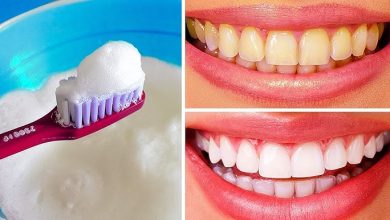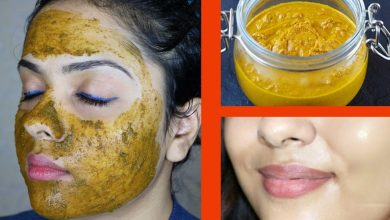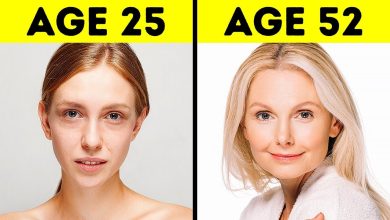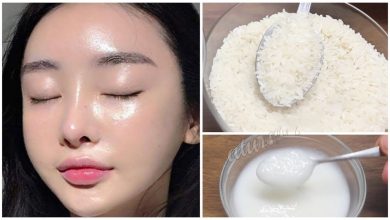A pimple is a common manifestation of acne, characterized by a small, tender bump on the skin, often filled with pus. Acne occurs when pores become clogged with bacteria, dead skin cells, and oil. While pimples can appear anywhere on the body, they frequently occur on the face, including the lips.
Symptoms of Lip Pimples
The terms “pimple” and “acne” are often used interchangeably, but they refer to different aspects of skin conditions. Dermatologists define acne as a skin disorder that results in various types of breakouts, including:
– Pimples: Raised bumps that may or may not contain pus.
– Whiteheads: Clogged pores with a white appearance.
– Blackheads: Clogged pores that appear dark due to oxidation.
– Nodules: Hard, painful lumps beneath the skin without pus.
– Cysts: Painful lumps beneath the skin that contain pus.
Pimples on the lip typically manifest as small, tender bumps either on the skin surrounding the lip or at the corners of the mouth. Discomfort while eating may accompany these breakouts.
Causes of Lip Pimples
Pimples form when dead skin cells, bacteria, and oil clog pores. This blockage leads to inflammation, which results in swelling and the development of a pimple. Various factors can trigger the formation of lip pimples, including:
– Oil-based cosmetics or facial cleansers
– Diet high in sugar or fat
– Aggressive scrubbing of inflamed skin
– Excessive sun exposure
– Frequent touching of the face
– Not cleansing the face after sweating or exercise
Risk Factors for Developing Lip Pimples
While anyone can experience lip pimples, certain individuals may be at a higher risk due to factors such as:
– Family history of acne
– Use of medications like lithium or corticosteroids
– Hormonal changes (e.g., puberty, pregnancy, menopause)
– Hormonal conditions (e.g., diabetes, PCOS)
– High-stress levels
– Age (particularly between 12 and 24)
Dealing with a pimple on your lip can be frustrating. To minimize skin damage and effectively treat the issue, consider the following safe methods, which include home remedies and over-the-counter (OTC) treatments.
1. Over-the-Counter Soaps and Creams
Opt for gentle OTC soaps and creams designed for acne treatment. Use a mild, alcohol-free cleanser twice daily to cleanse the area. Avoid astringents and exfoliants, as these can irritate and dry out your sensitive skin. When selecting moisturizers, choose those formulated for acne-prone skin to maintain hydration without exacerbating breakouts.
2. Hot or Cold Compresses
Cold Compress: Applying a cold compress can reduce swelling and redness, making the pimple less noticeable. This method also alleviates pain. Hold a cold compress against the affected area for about one minute, twice daily. Repeat as needed if discomfort persists.
Warm Compress: A warm compress can help draw out oil or debris clogging the follicle. This method is particularly effective if the pimple is infected, as it may facilitate pus drainage, reducing pain and redness. Apply the warm compress twice a day.
3. Castor Oil
Castor oil can be beneficial for treating lip pimples due to its natural moisturizing properties and the presence of ricinoleic acid, which has anti-inflammatory effects.
Research indicates that topical application of ricinoleic acid can significantly reduce inflammation and pain.
Additionally, castor oil supports wound healing by stimulating new tissue growth and preventing dead skin cell buildup.
4. Benzoyl Peroxide
Benzoyl peroxide is a widely used acne treatment that targets the bacteria responsible for acne. Available in various forms, including cleansers, gels, creams, and wipes, it can be effective when used as directed—typically twice daily.
Exercise caution when applying it to the lip area, as it is sensitive. Be aware that benzoyl peroxide can cause irritation or harm if ingested; seek medical attention immediately if swallowed.
5. Lemon Juice
Lemon juice is often cited as a home remedy for acne due to its antioxidant content and vitamin C, which possesses antibacterial properties. However, scientific evidence supporting its effectiveness for treating pimples is lacking.
Additionally, citrus juices can cause skin irritation and should be used cautiously. If you choose to try lemon juice, apply it sparingly with a clean finger or cotton swab.
6. Turmeric Paste
open next page to continue reading…




